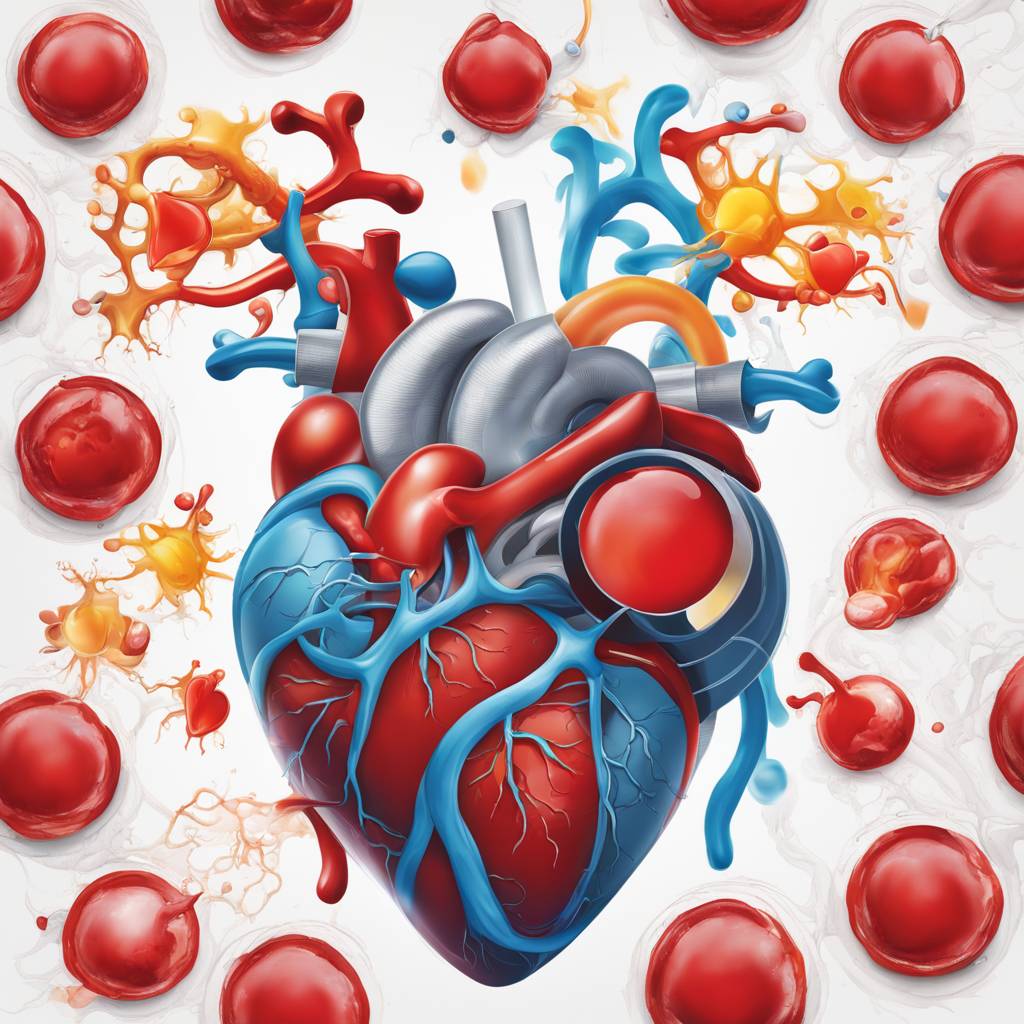Researchers have found that young adults with good heart health scores have a reduced risk of disease by 65%, including heart and kidney disease. However, only 1% of the subjects in their study had an “ideal” heart health score. Maintaining a heart-healthy lifestyle not only reduces the risk of heart disease and stroke but also lowers the risk of kidney disease. These findings were presented at the American Heart Association’s Epidemiology and Prevention Lifestyle and Cardiometabolic Scientific Sessions 2024.
The South Korean researchers studied 4 million adults under the age of 40 over a 12-year period. They found that individuals with “ideal” cardiovascular health were 65% less likely to develop heart or kidney disease or have a stroke compared to those with low heart health scores. Those who started with poor scores but made efforts to improve their cardiovascular health were also able to reduce their risk of disease. The importance of ideal heart health behaviors in young adults is often overlooked due to their lower short-term risk of cardiovascular and kidney diseases.
The risk of developing cardiovascular or kidney disease decreased gradually as heart health scores improved. Few subjects had ideal heart scores at the start of the study, and about half of those with perfect or near-perfect cardiovascular health eventually had lower heart health scores within a few years. It is important for young adults to achieve ideal cardiovascular health early in life and maintain or improve it throughout their lives. Raising awareness about heart-healthy lifestyle behaviors can help individuals live longer, healthier lives.
It is recommended that heart and kidney disease be treated together, as there is a significant interplay between the two organs. High blood pressure, a well-known cause of cardiovascular disease, is also a leading cause of kidney disease. Screening younger individuals for signs of hypertension and kidney disease markers could help identify at-risk individuals early on. More aggressive messaging and testing for kidney disease, similar to what is done for heart disease, could help improve outcomes for individuals at risk of both kidney and heart disease.
Columbia University Irving Medical Center offers a special practice on cardionephrology to provide holistic treatment for heart and kidney diseases. Nephrologists and cardiologists work closely together to address the interplay between the two organs. The kidneys play a crucial role in regulating blood pressure and hormone secretion, highlighting the importance of treating heart and kidney diseases together. Overall, maintaining good cardiovascular health is a lifelong commitment that can significantly reduce the risk of developing heart and kidney disease.



